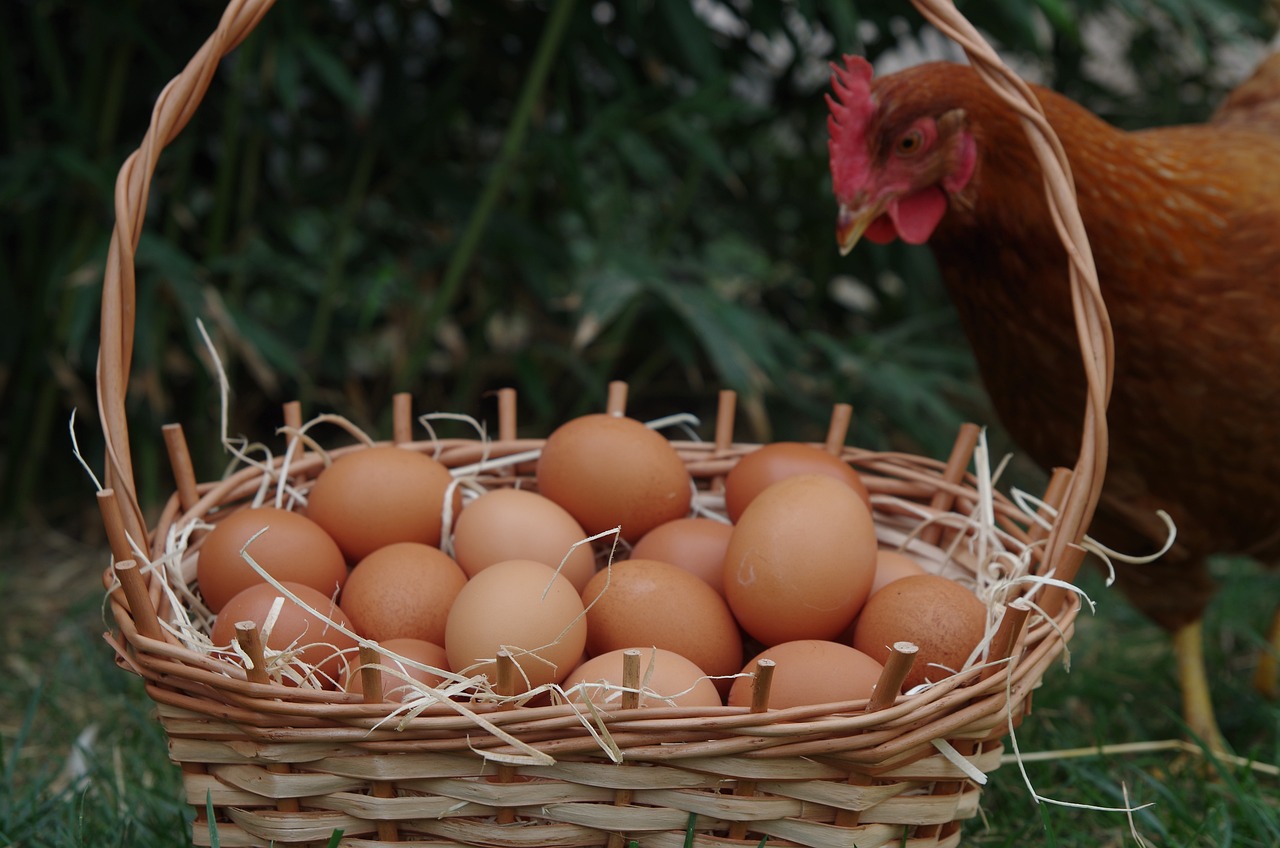Agroecological initiative
A few days ago, a group of rural women from the Cooperativa CANASTA (acronym for Centro Alternativo de Abastecimiento Soberano Terapéutico Agroecológico) de Responsabilidad Limitada participated in a significant training activity within the framework of the Transformadoras project, promoted by the Ministry of Livestock, Agriculture and Fisheries (MGAP) and the Instituto Plan Agropecuario.
The purpose of the call for proposals is to support women's groups in the development of transformative initiatives through an economic subsidy. In its second edition, the project has brought together rural women from different departments to promote egg production in rural areas of Uruguay.
Training and collaboration in sustainable mode
The training, which took place in the municipal hall of Progreso, gathered more than 30 participants from localities such as Progreso, Los Cerrillos, Juanicó, San José and rural Montevideo. The event was organized by the CANASTA RL Cooperative, with the support of the Progreso Women's Network, and had the technical assistance of veterinarians Ignacio Berriel and Germán Rodríguez (UdelaR). The workshop addressed crucial aspects of small-scale poultry management, including pullet rearing, proper management of facilities, grazing and poultry health.
Jimena Sosa, member of CANASTA, explained that the initiative arises in response to the growing demand for eggs at the organic fairs where they sell their products. In this regard, he commented: "we decided to present the project to produce our own eggs, as we noticed a constant lack in the market".. Sosa added that, "the idea is that, being in agroecological farms, we integrate the hens into production, using their manure as fertilizer for vegetables and enriching their diet with green fodder.".

The project not only seeks to improve the egg productionbut also promote sustainability and the economic empowerment of rural women. CANASTA's proposal includes the implementation of green fodder, such as alfalfa and fodder trees, which not only enrich the birds' diet, but also contribute to the biodiversity of the farms. In addition, the use of natural probiotics and techniques to reduce stress in the hens are considered, which ensures a healthier and more economically profitable production.
The financial support received will enable the cooperative to purchase poultry houses and improve the infrastructure necessary to raise the birds. The hens will be raised on a farm and distributed to different locations once they reach four weeks of age. The investment in this project also includes a significant counterpart contribution from the members of the cooperative.
"Enriching experience"
The importance of this project goes beyond the simple production of eggs; it seeks to create a marketing and production model that enhances food security and economic development in rural areas. The women of CANASTA, who already manage marketing in neighborhood fairs, will now have the opportunity to diversify and strengthen their economic activities with a highly demanded product.
The success of the training activity and the enthusiasm of the participants reflect a deep commitment to innovation and sustainable development. The positive response to the workshop and the intention to hold future calls to address other topics of interest highlight the transformative potential of this project.
According to Jimena Sosa, "it was an enriching experience and more participatory than we expected.". He also thanked "the support of all the institutions involved and we are motivated to keep moving forward on this path.".
A destacar
La Cooperativa CANASTA apuesta por el desarrollo económico rural apoyando la convocatoria Transformadoras 2ª edición. El nuevo proyecto impulsará la construcción de gallineros, vitales para la seguridad alimentaria de las familias rurales que integran la cooperativa. Esta iniciativa no solo fortalecerá la producción avícola, sino que también optimizará el sistema de comercialización en ferias vecinales, dirigido por mujeres.
Se incorporarán prácticas sostenibles, como la siembra de árboles para mejorar el ambiente y el pastoreo de aves. El proyecto promueve el intercambio y el aprendizaje entre grupos de mujeres, consolidando el empoderamiento y el crecimiento económico dentro de la cooperativa.

